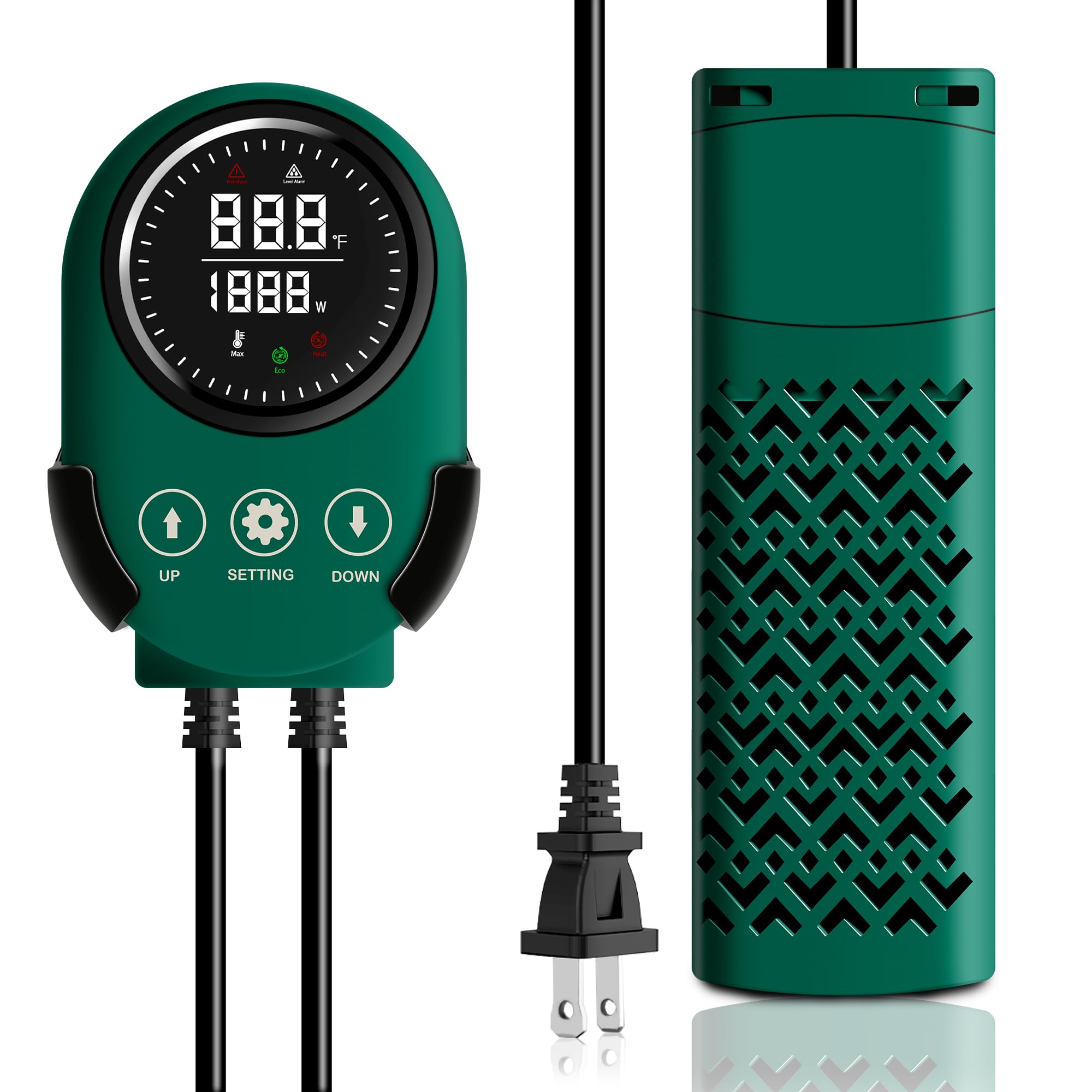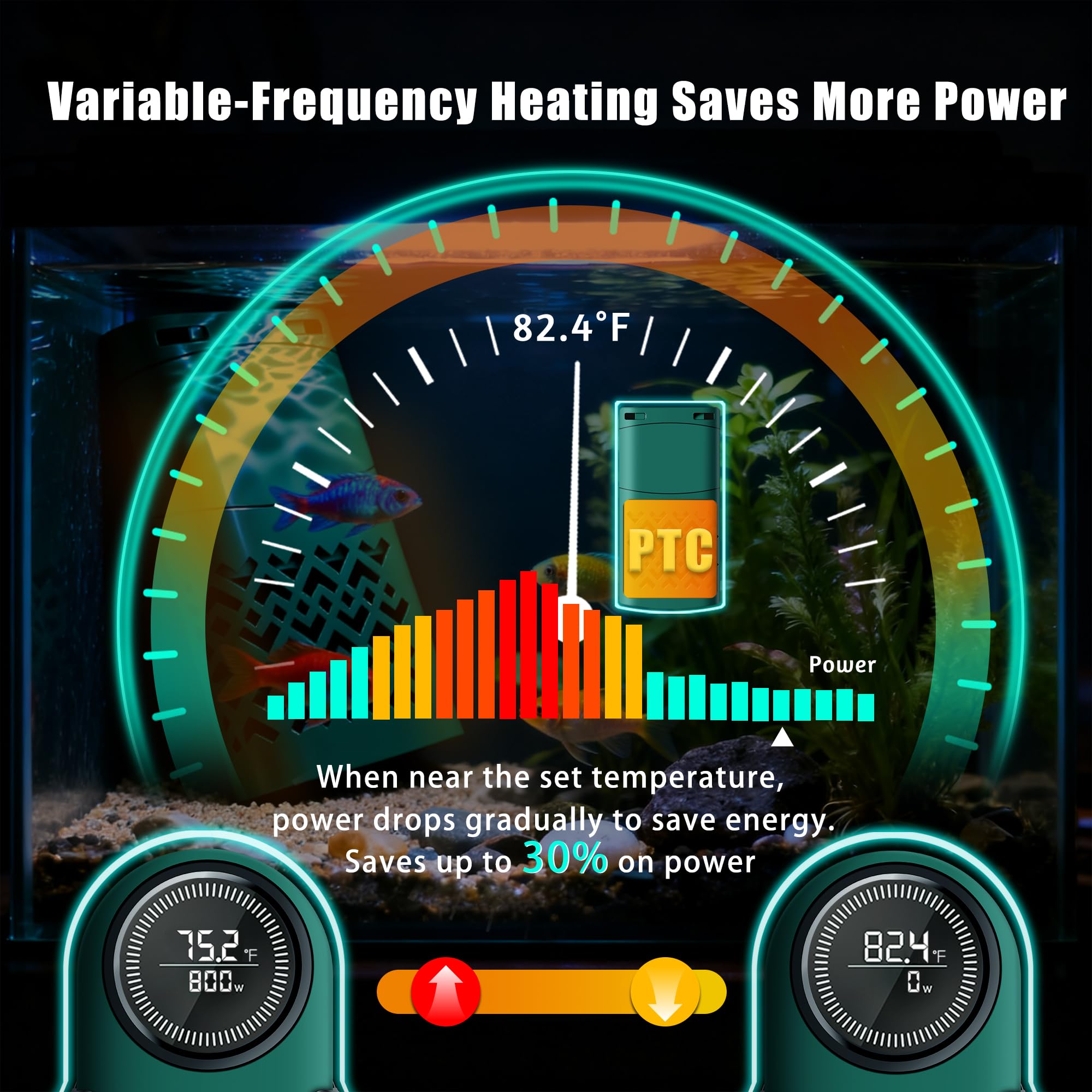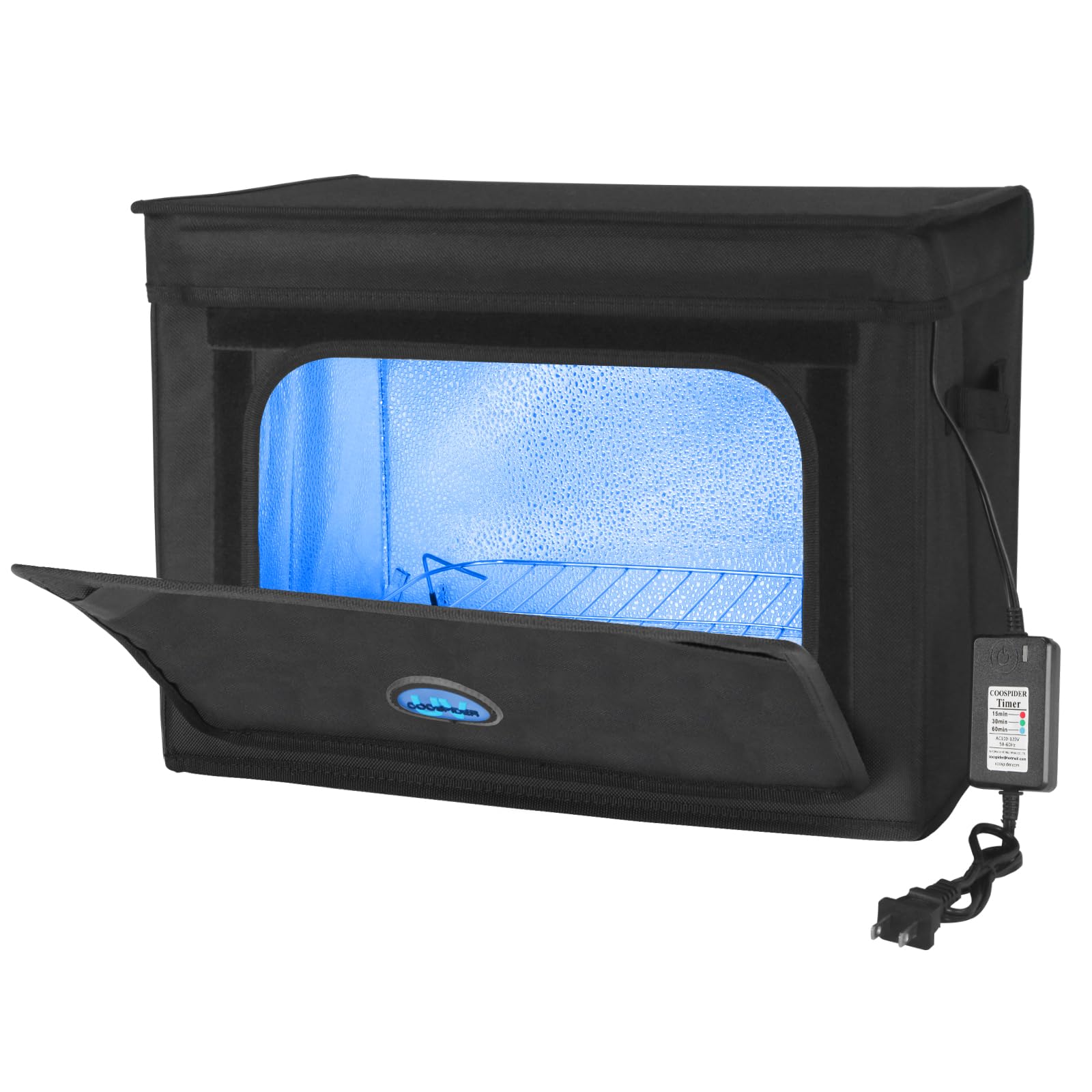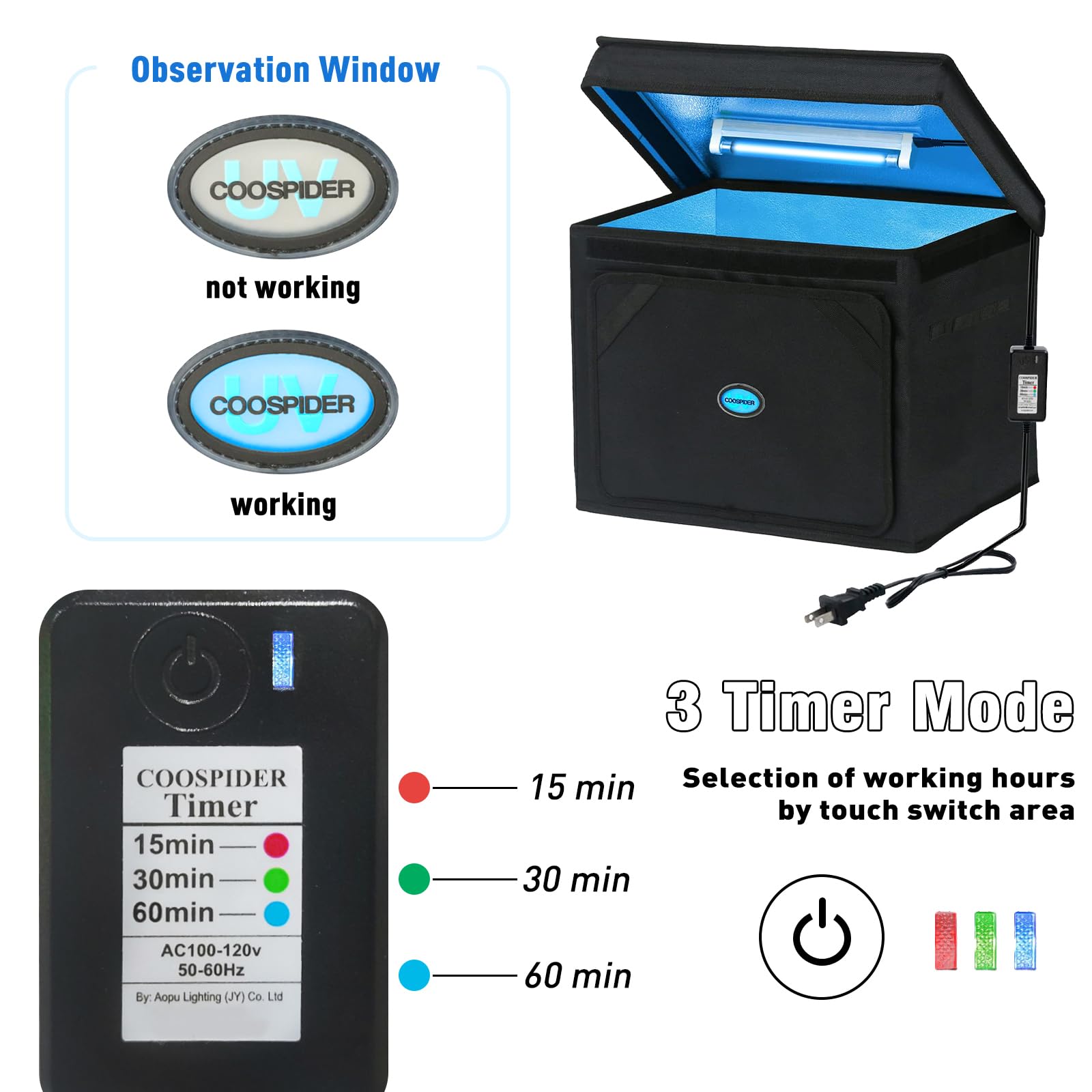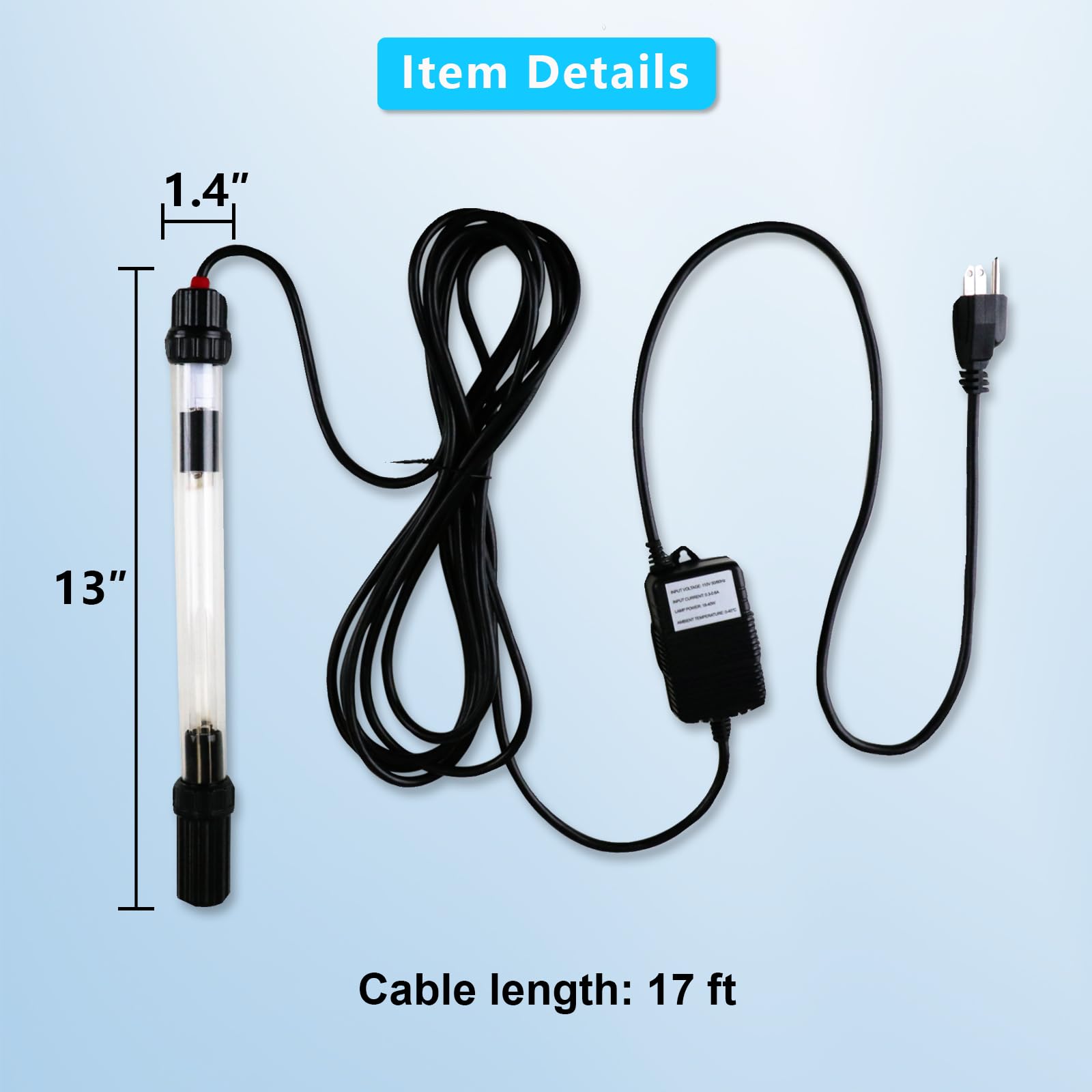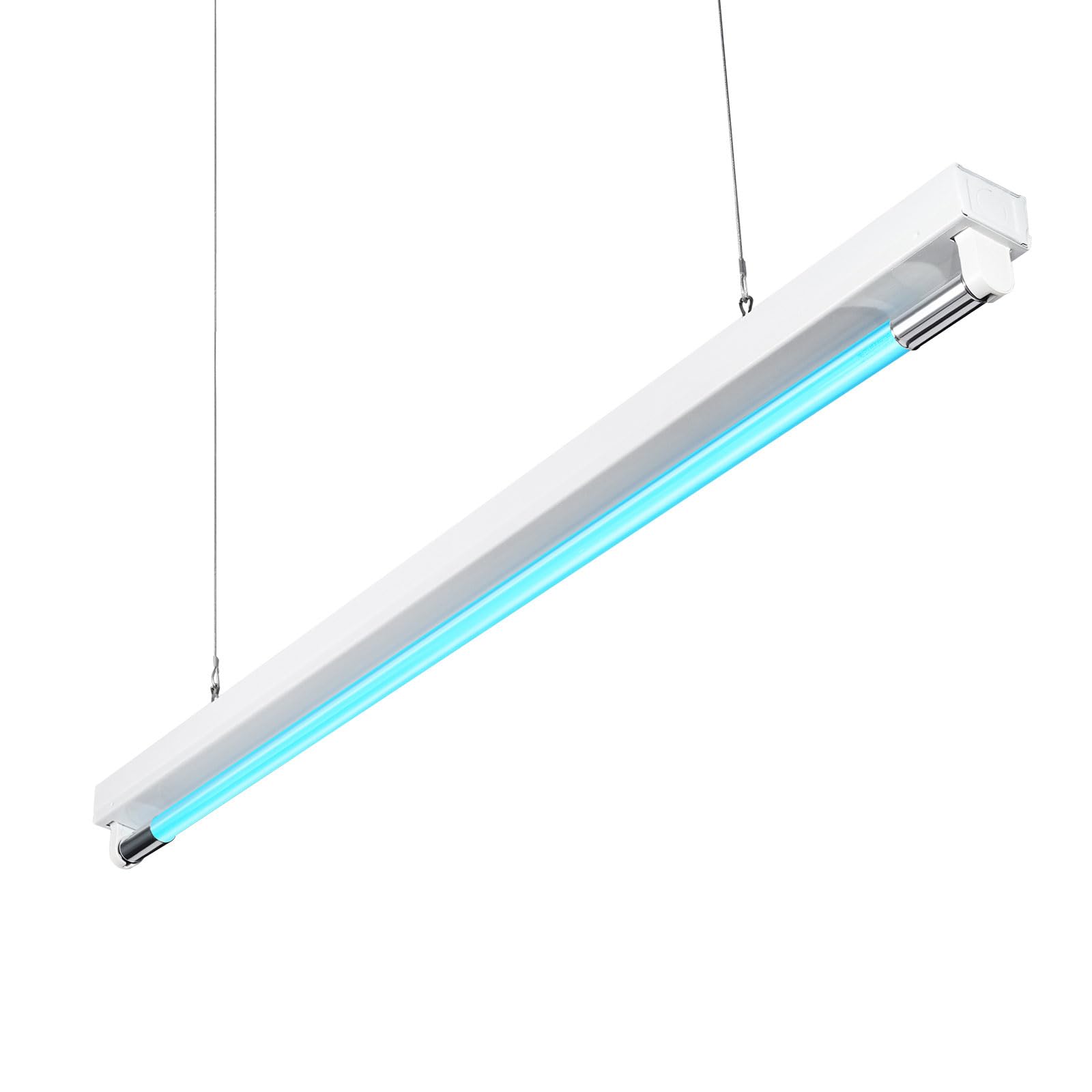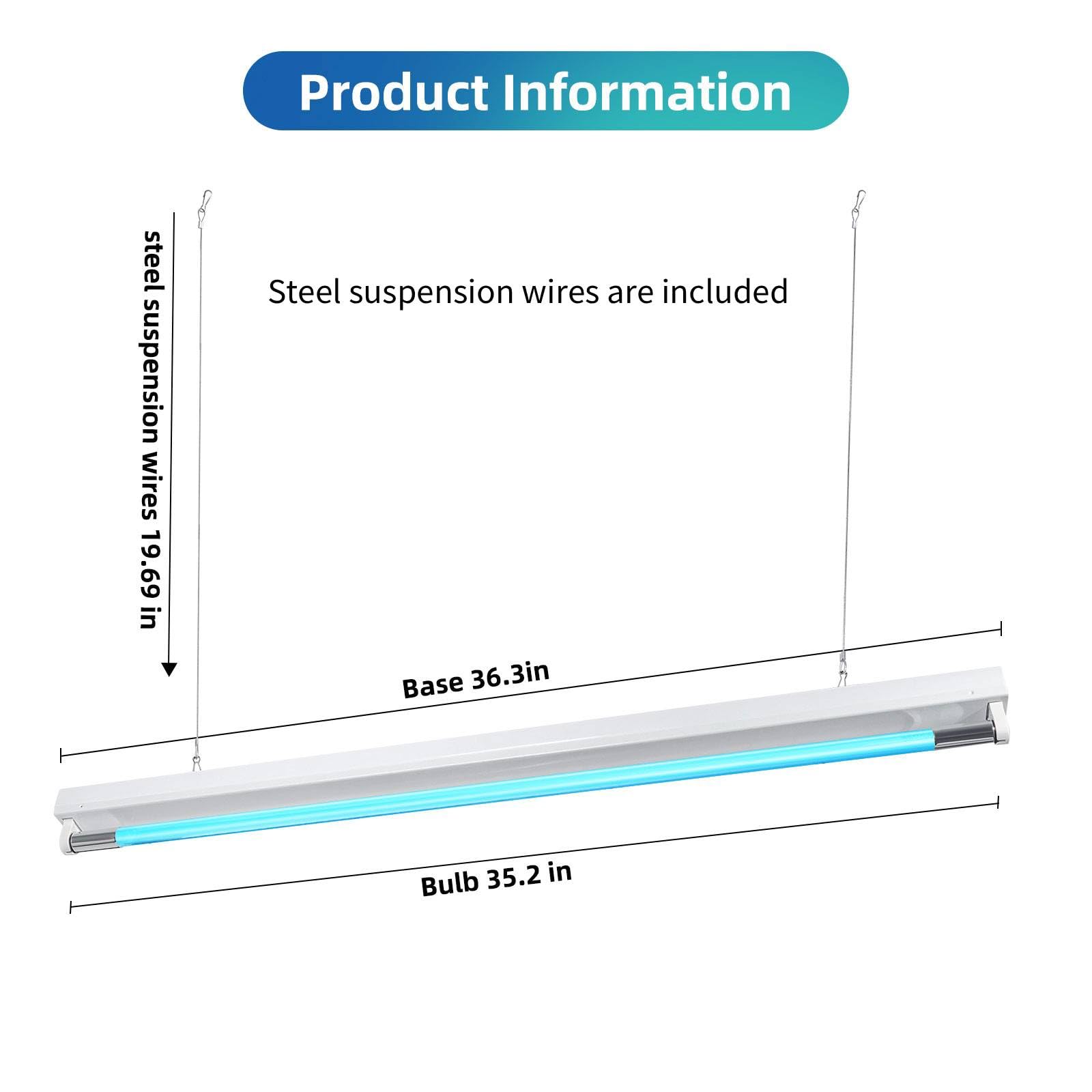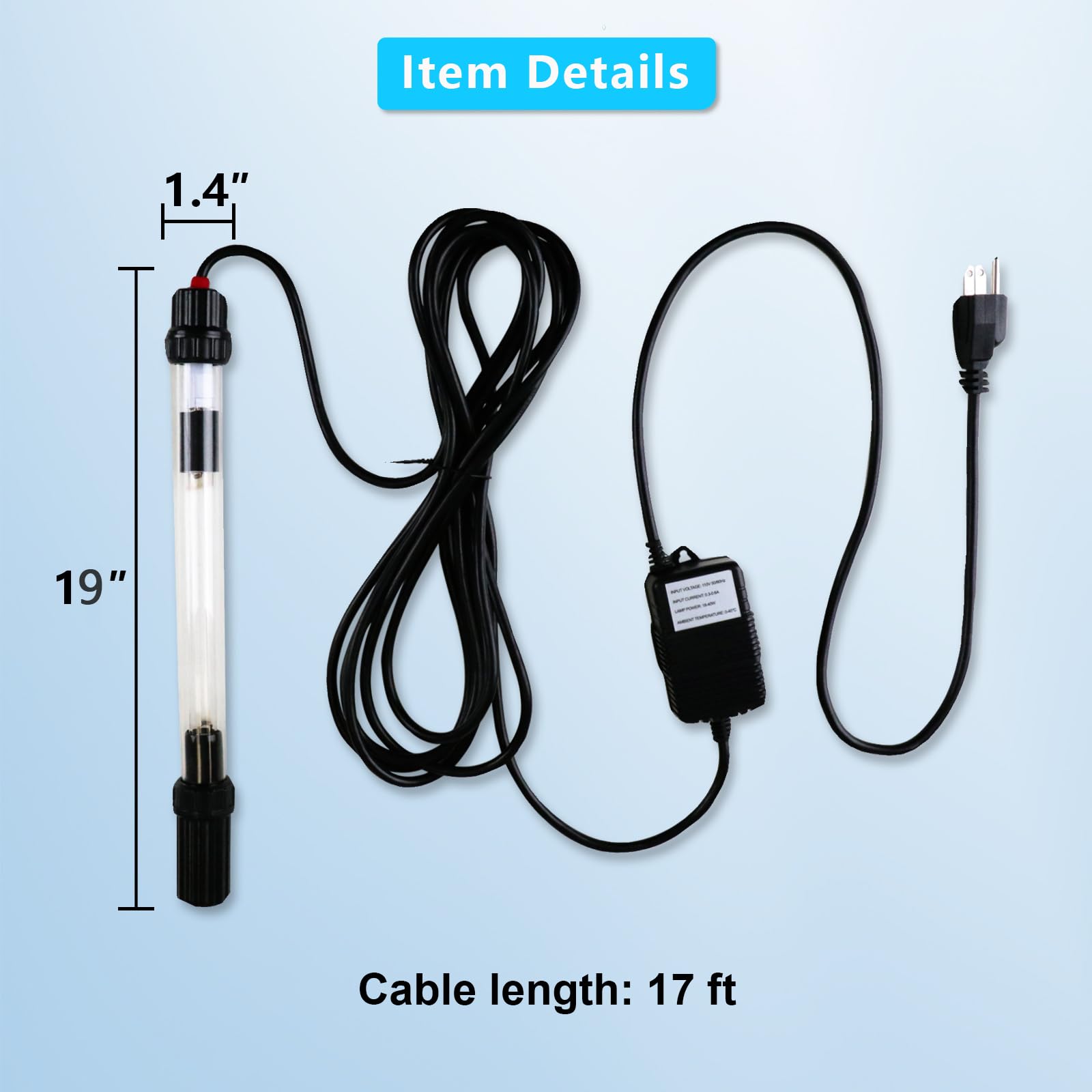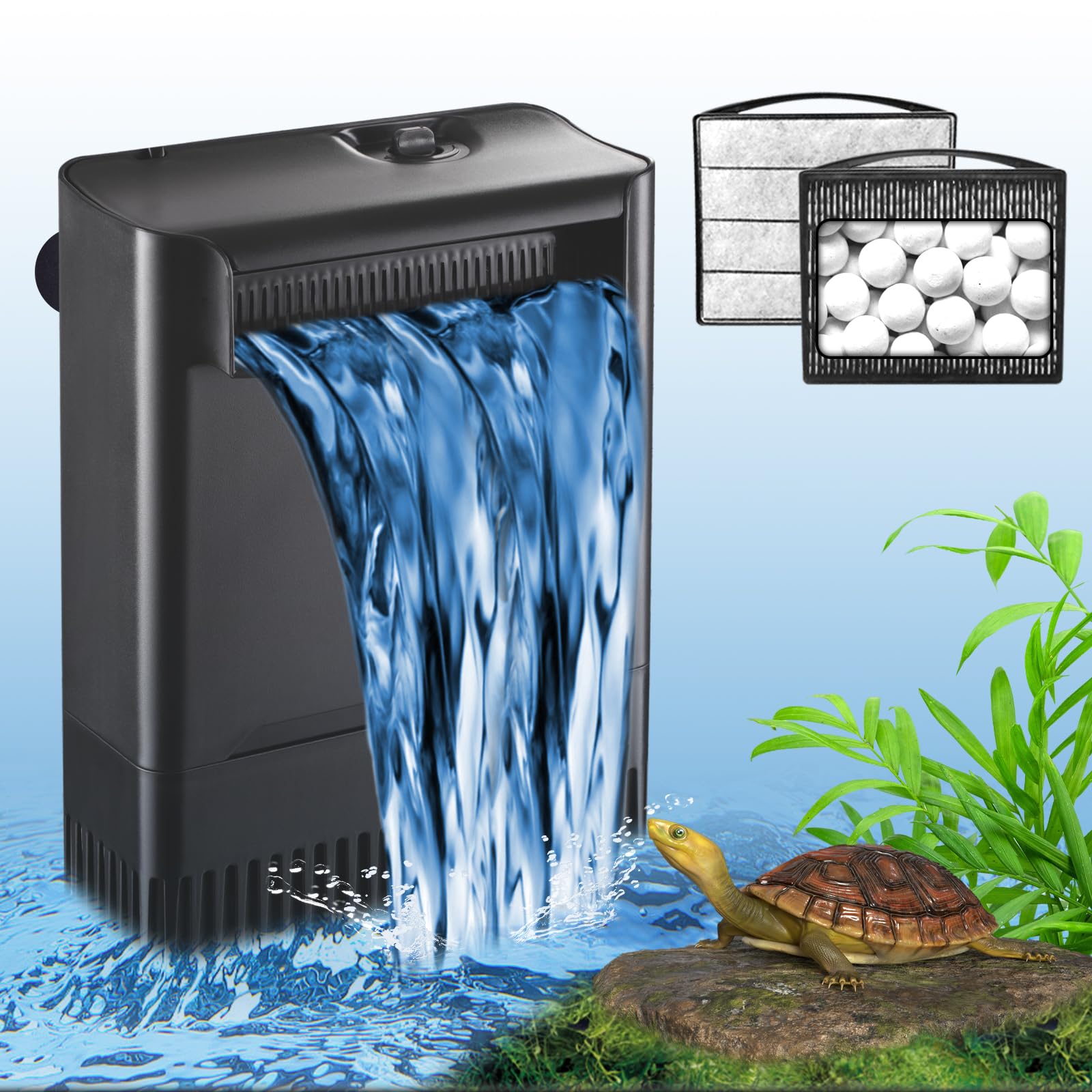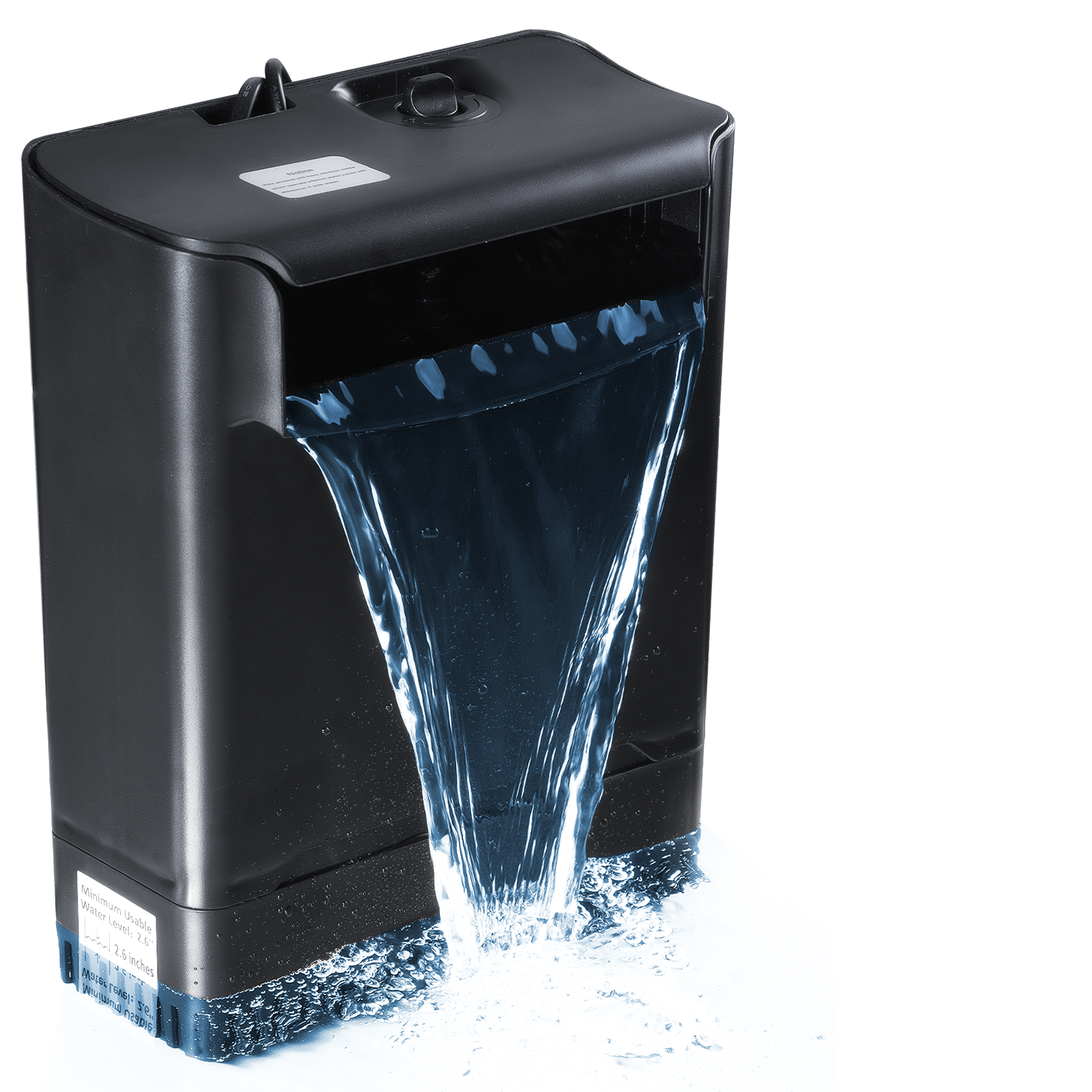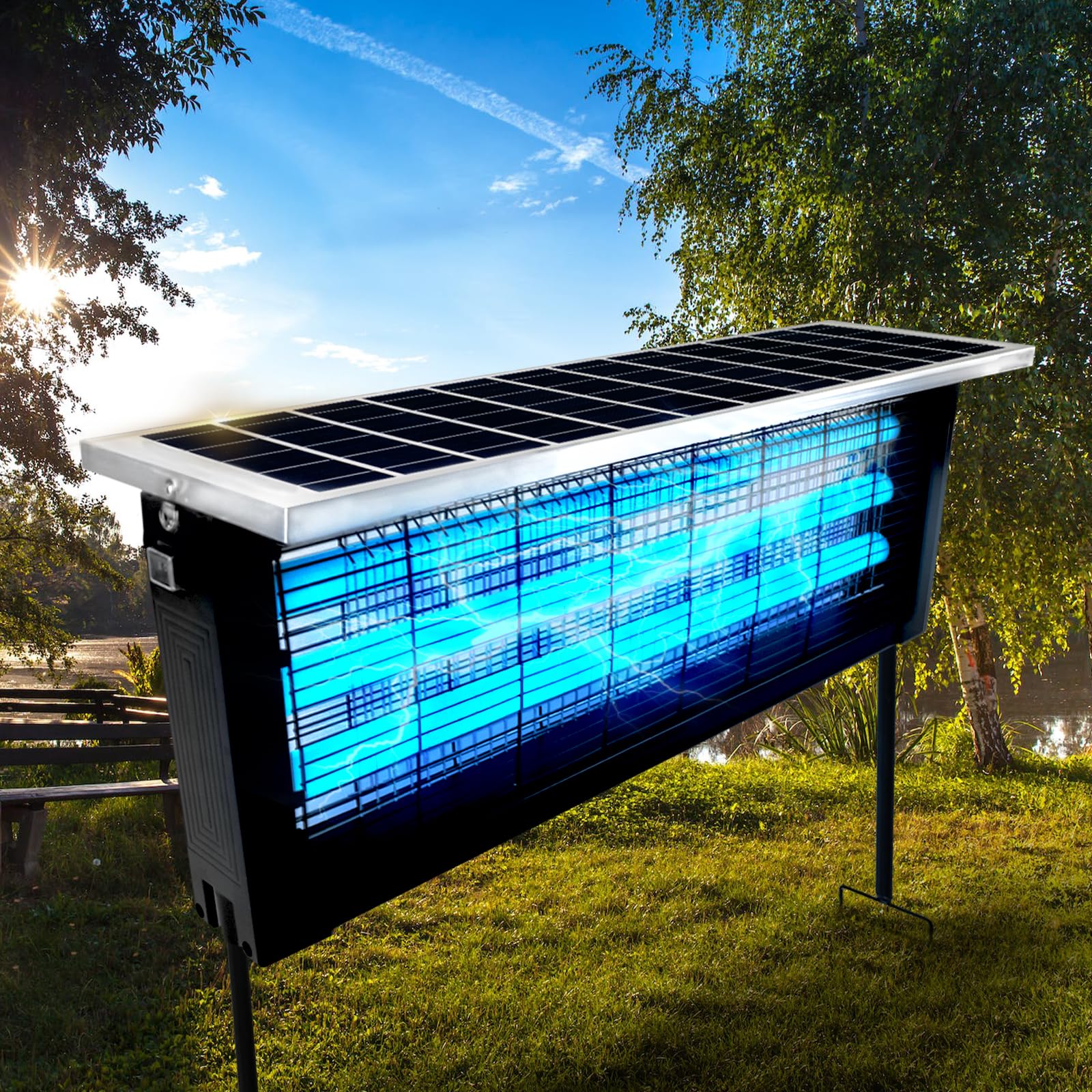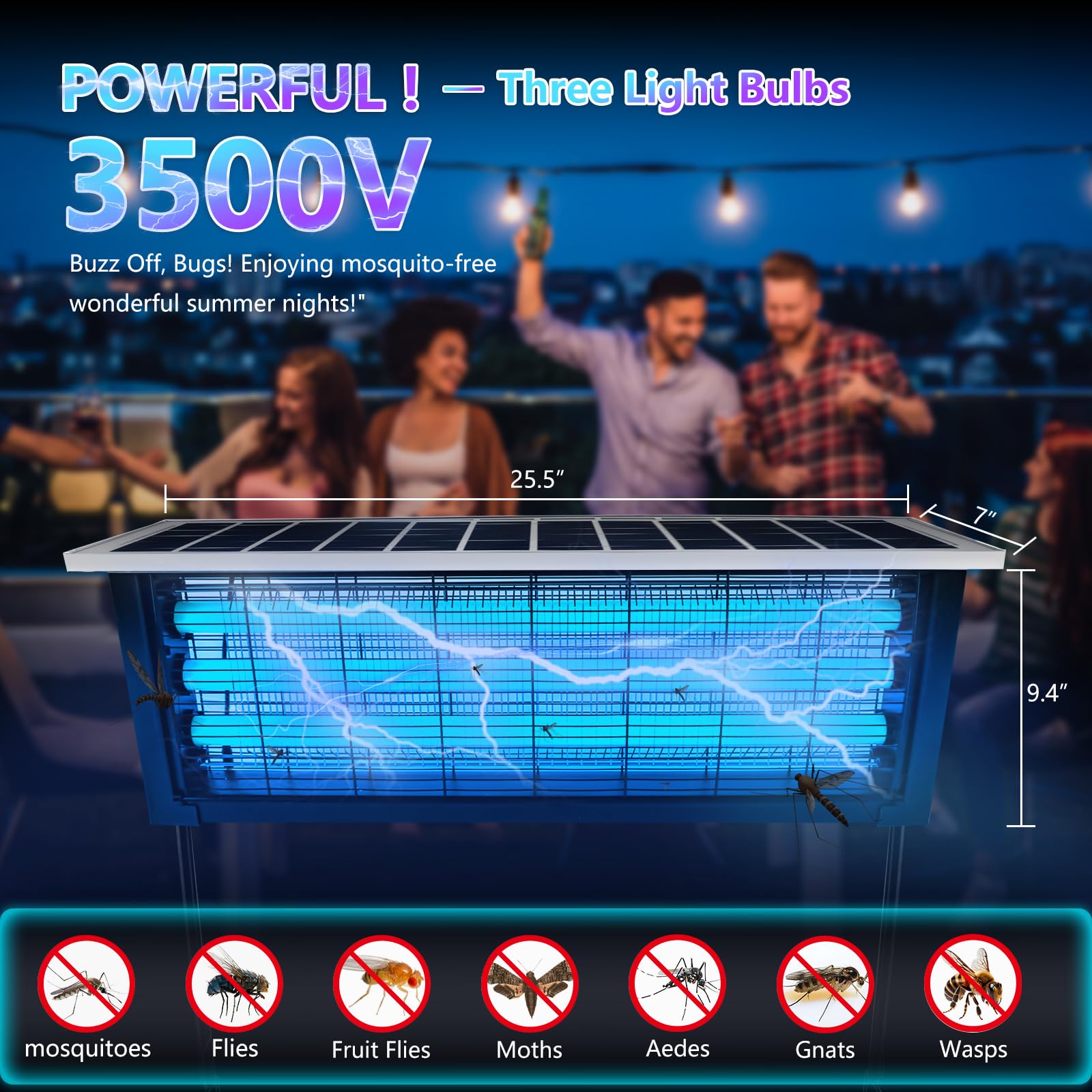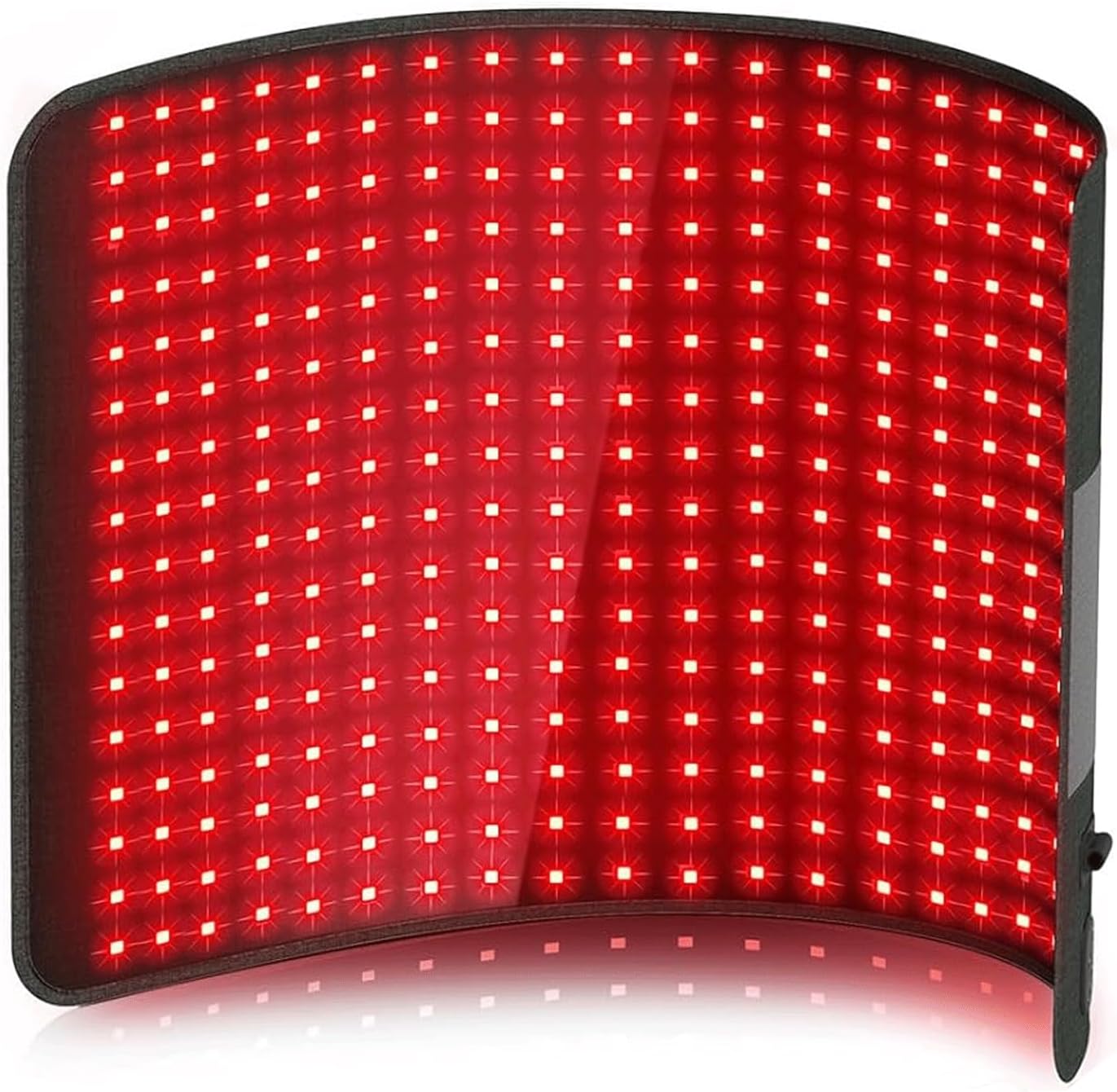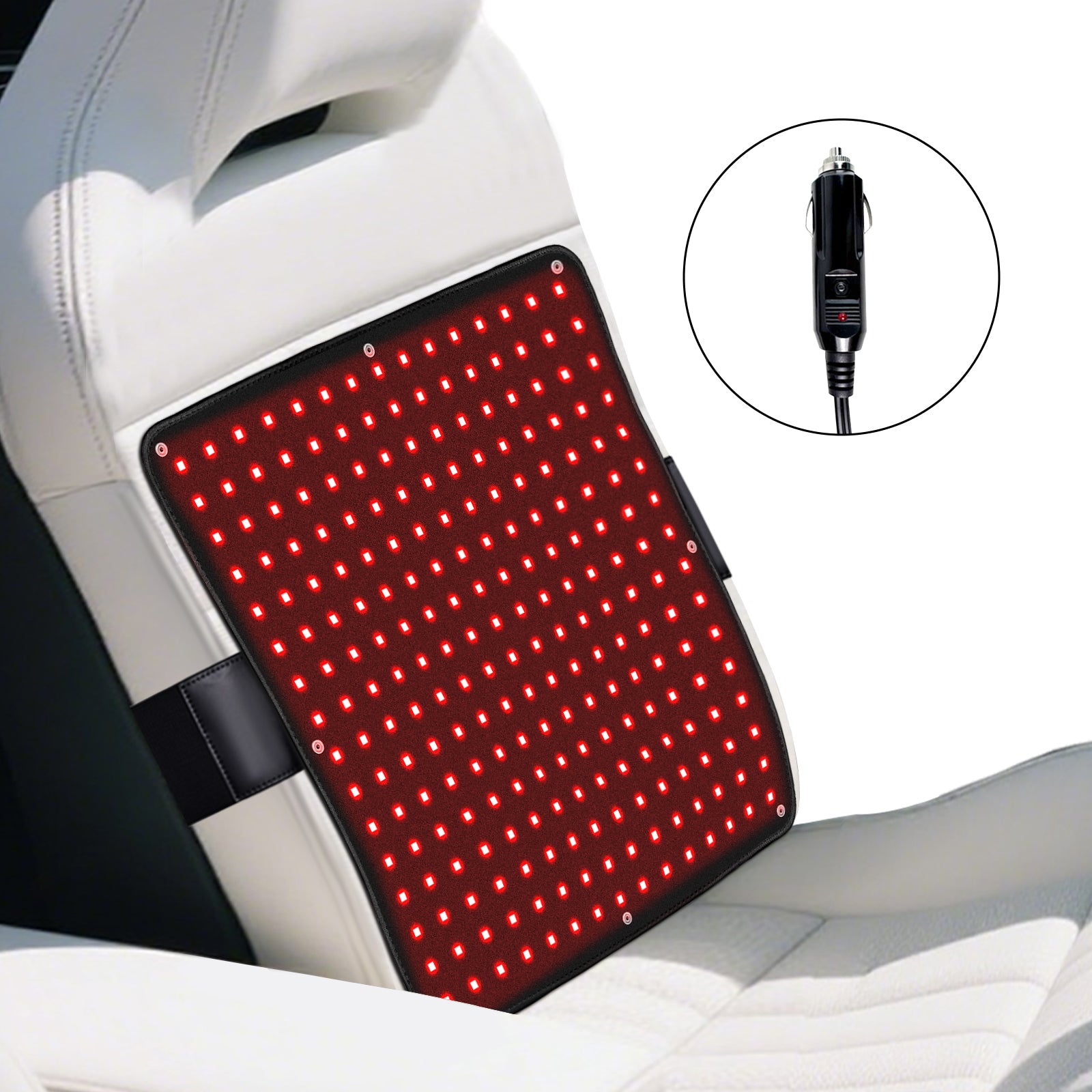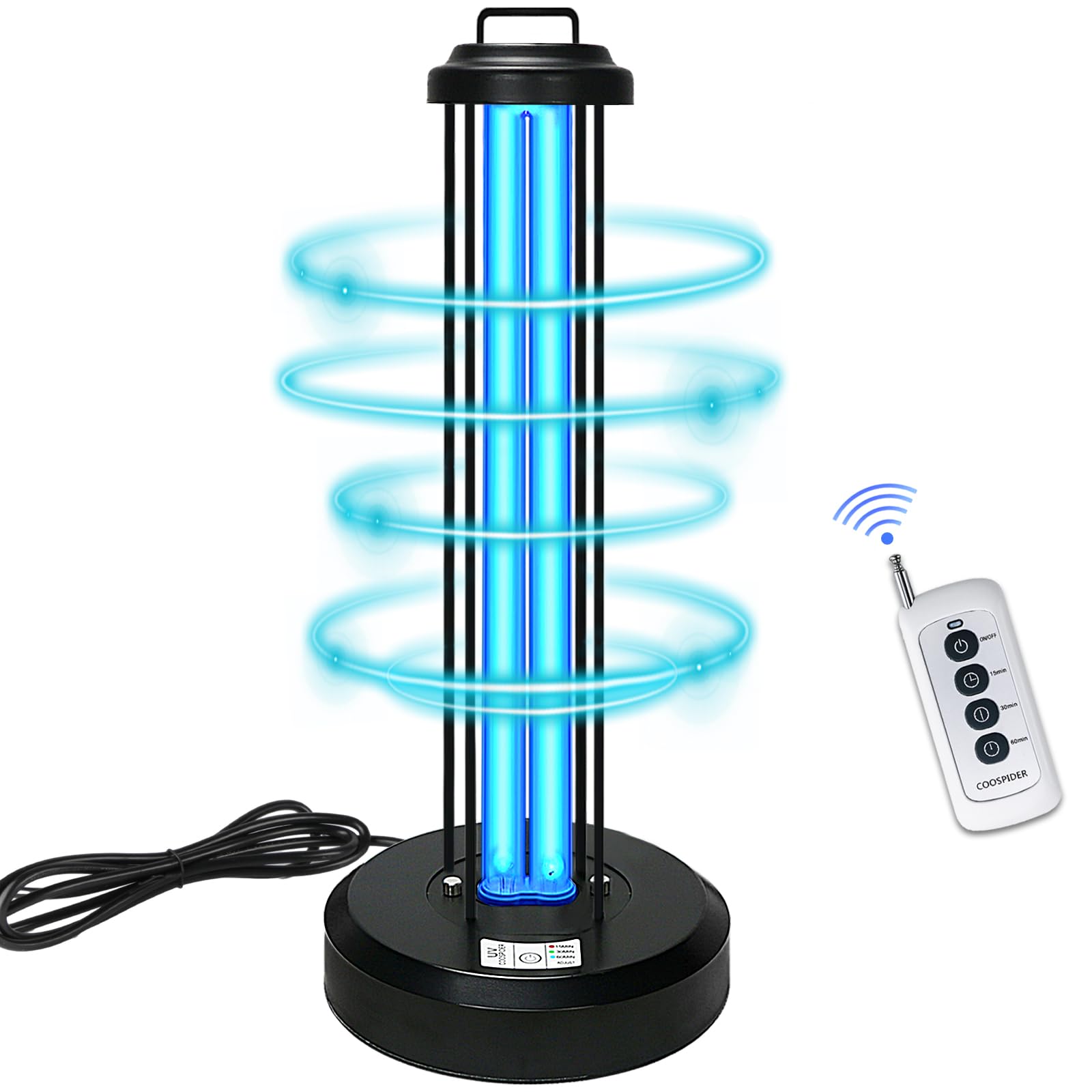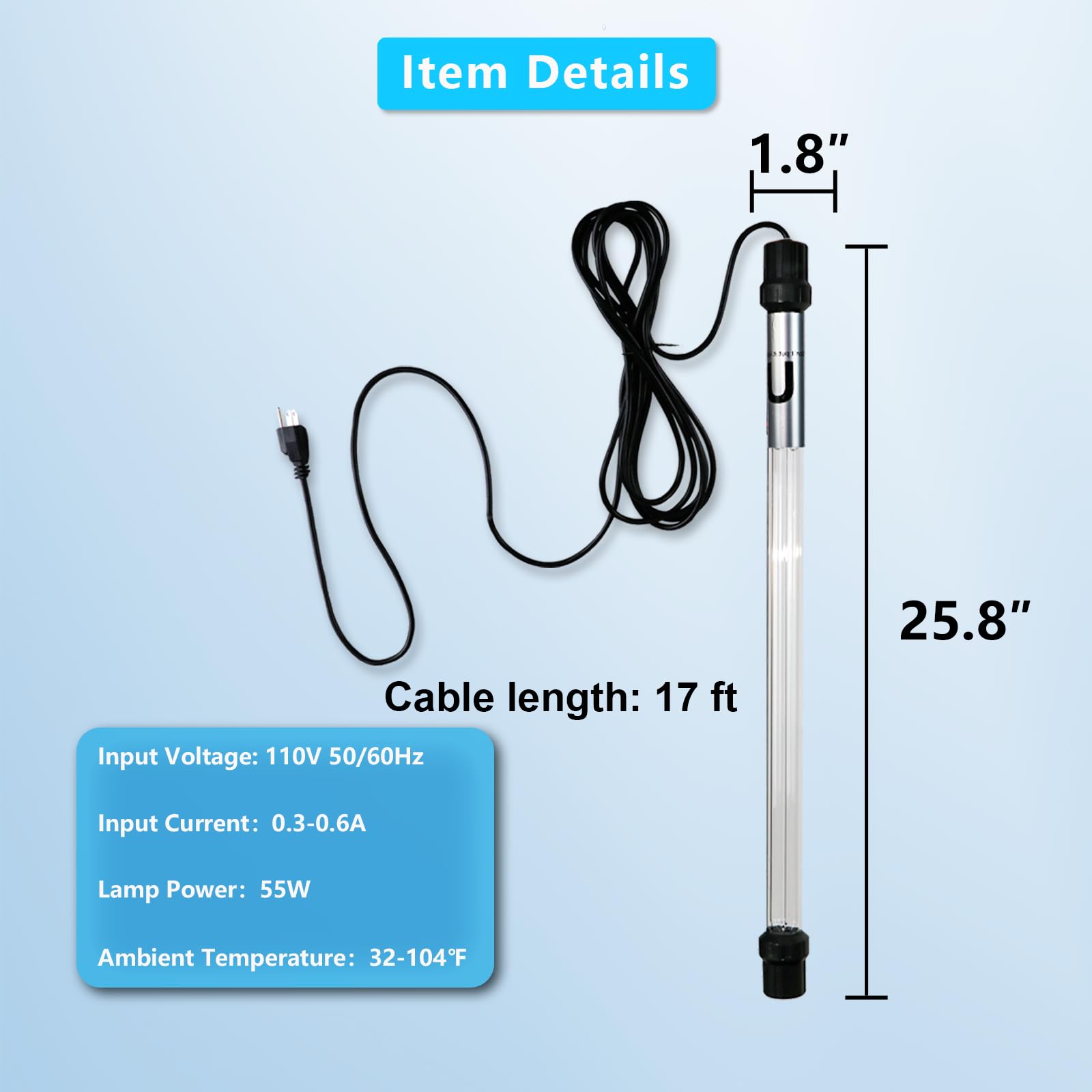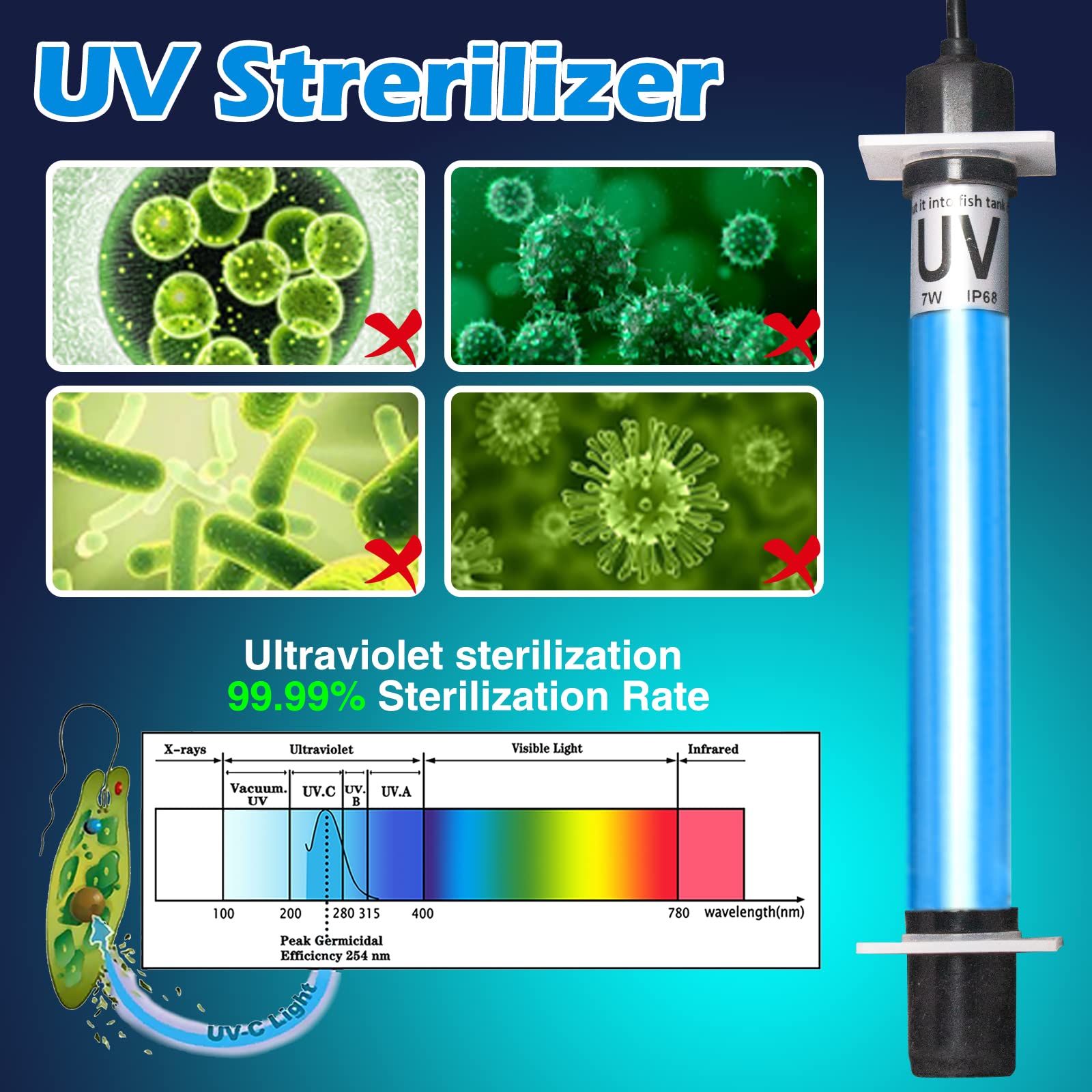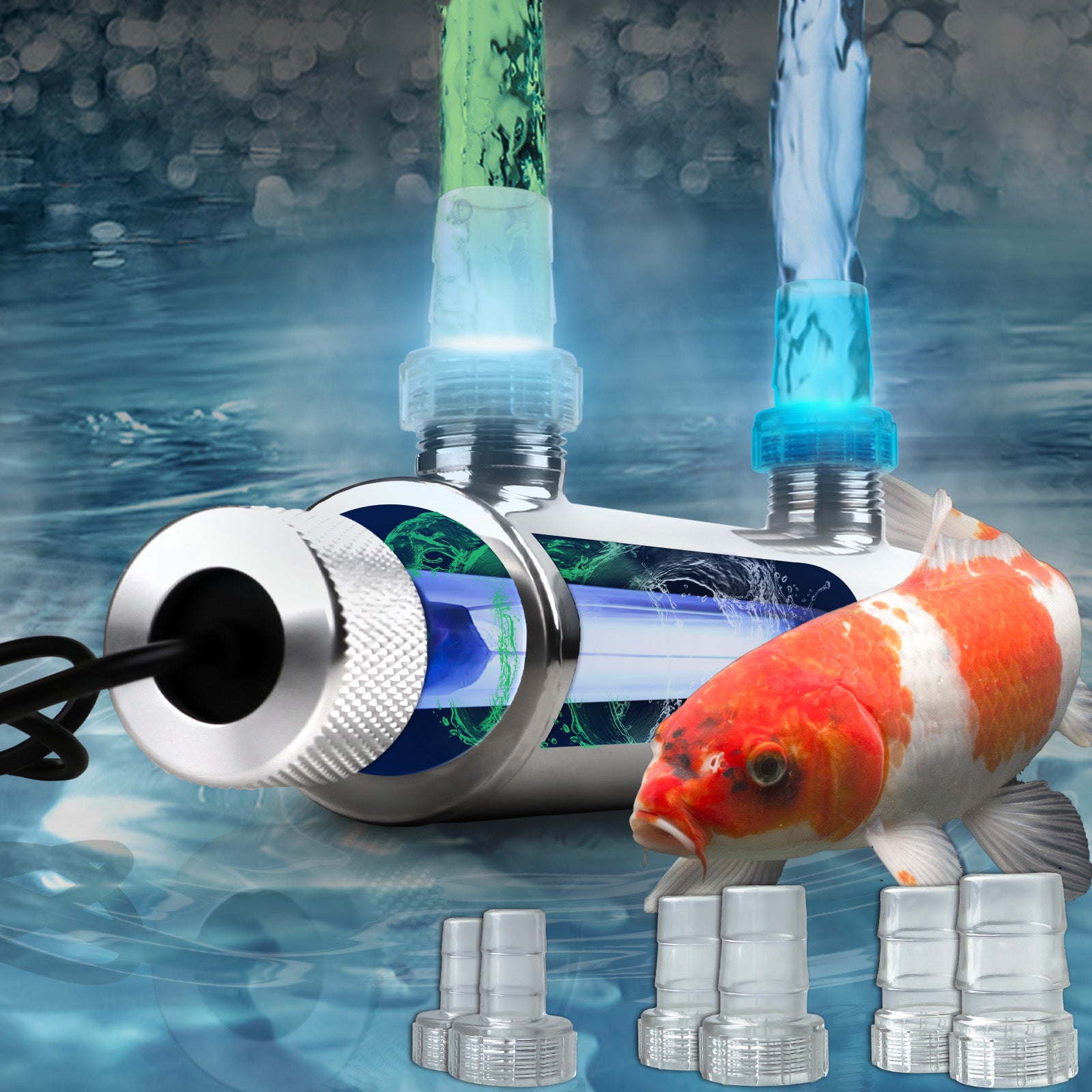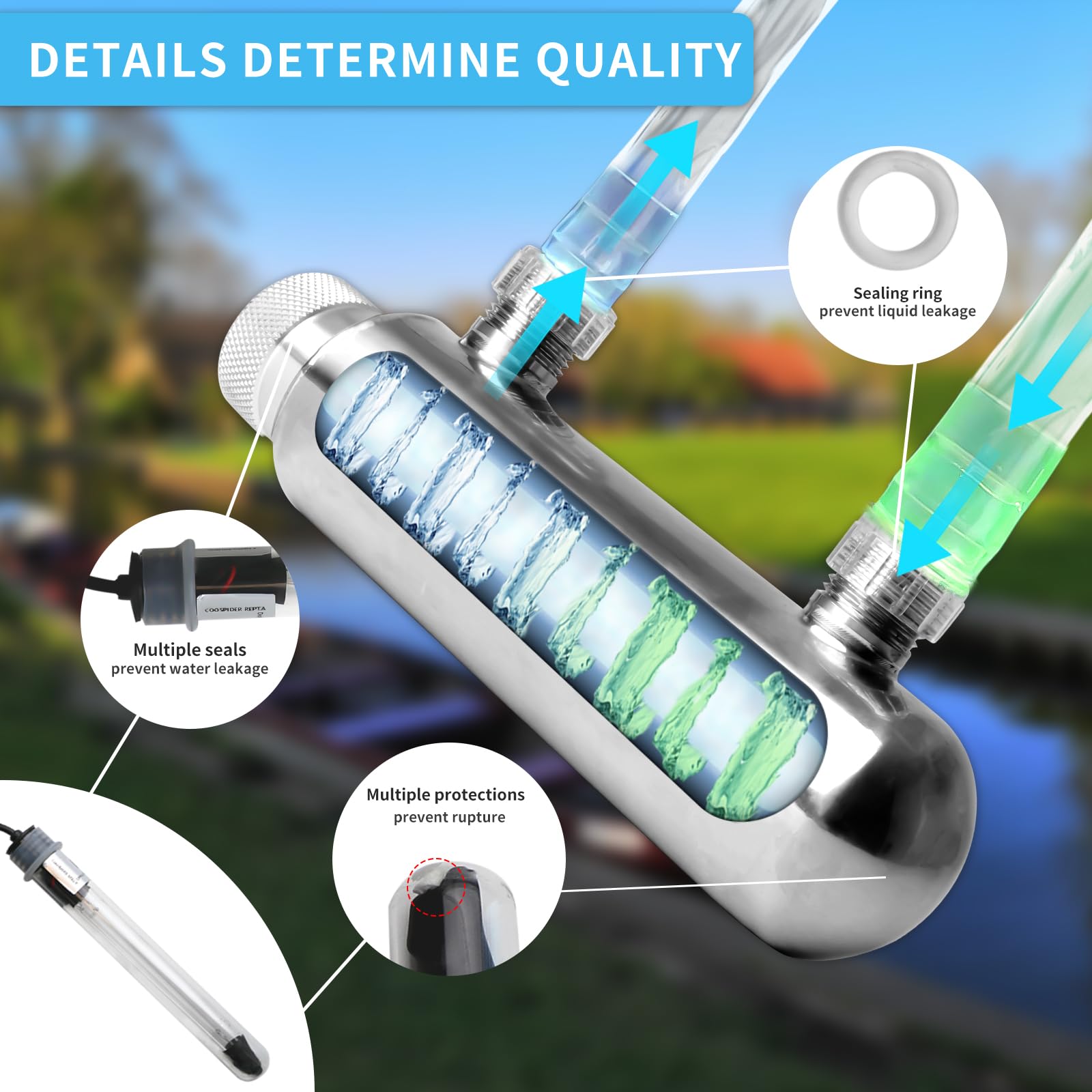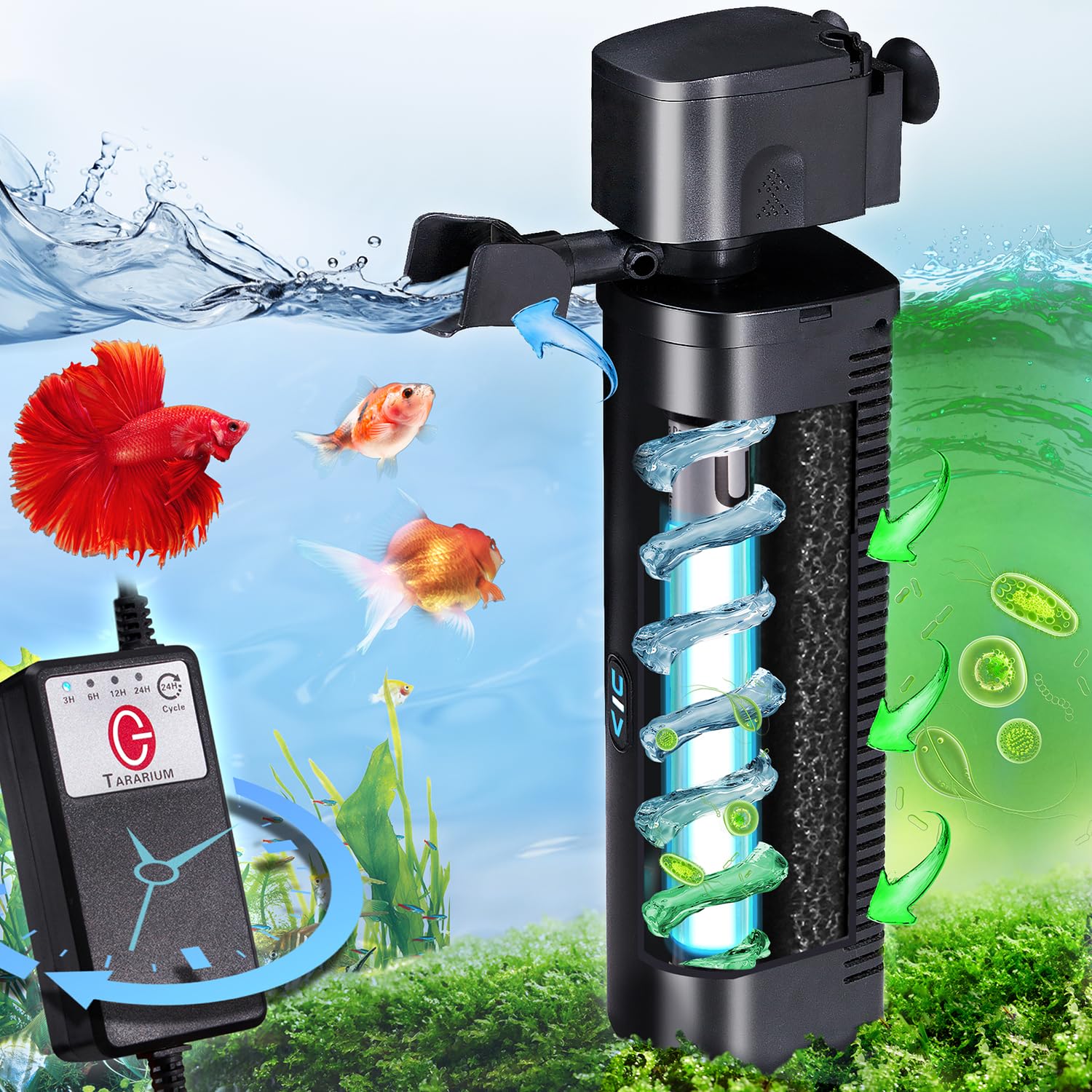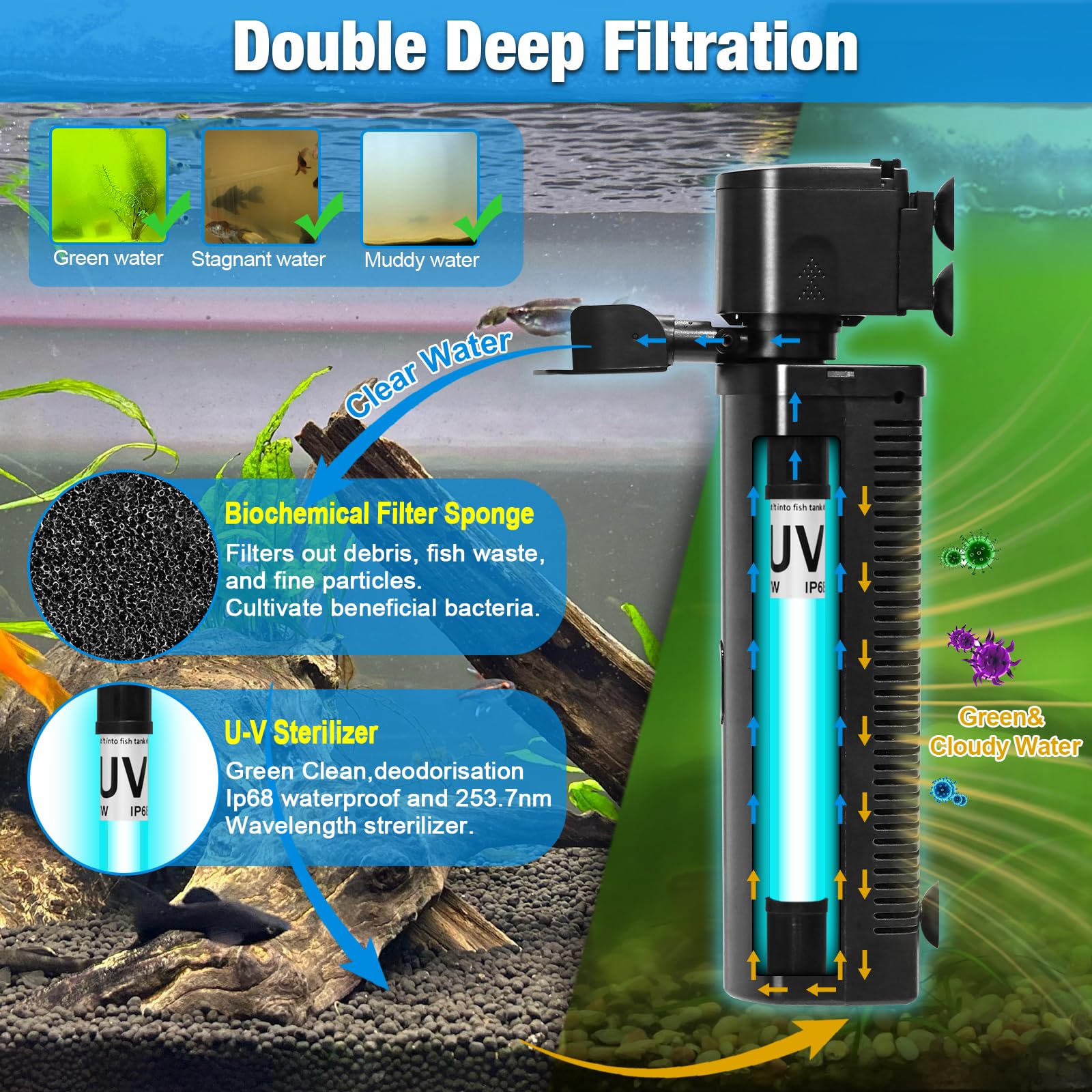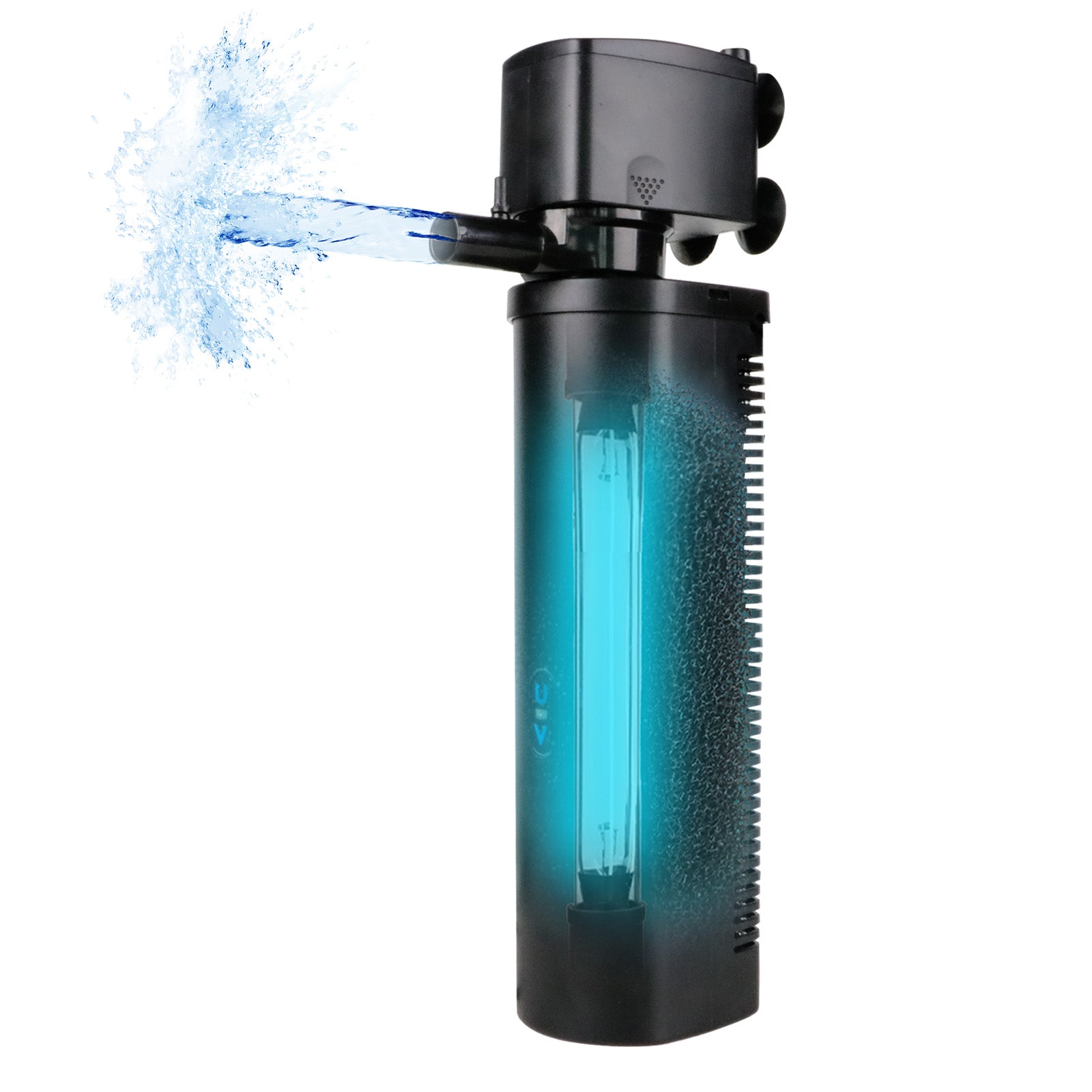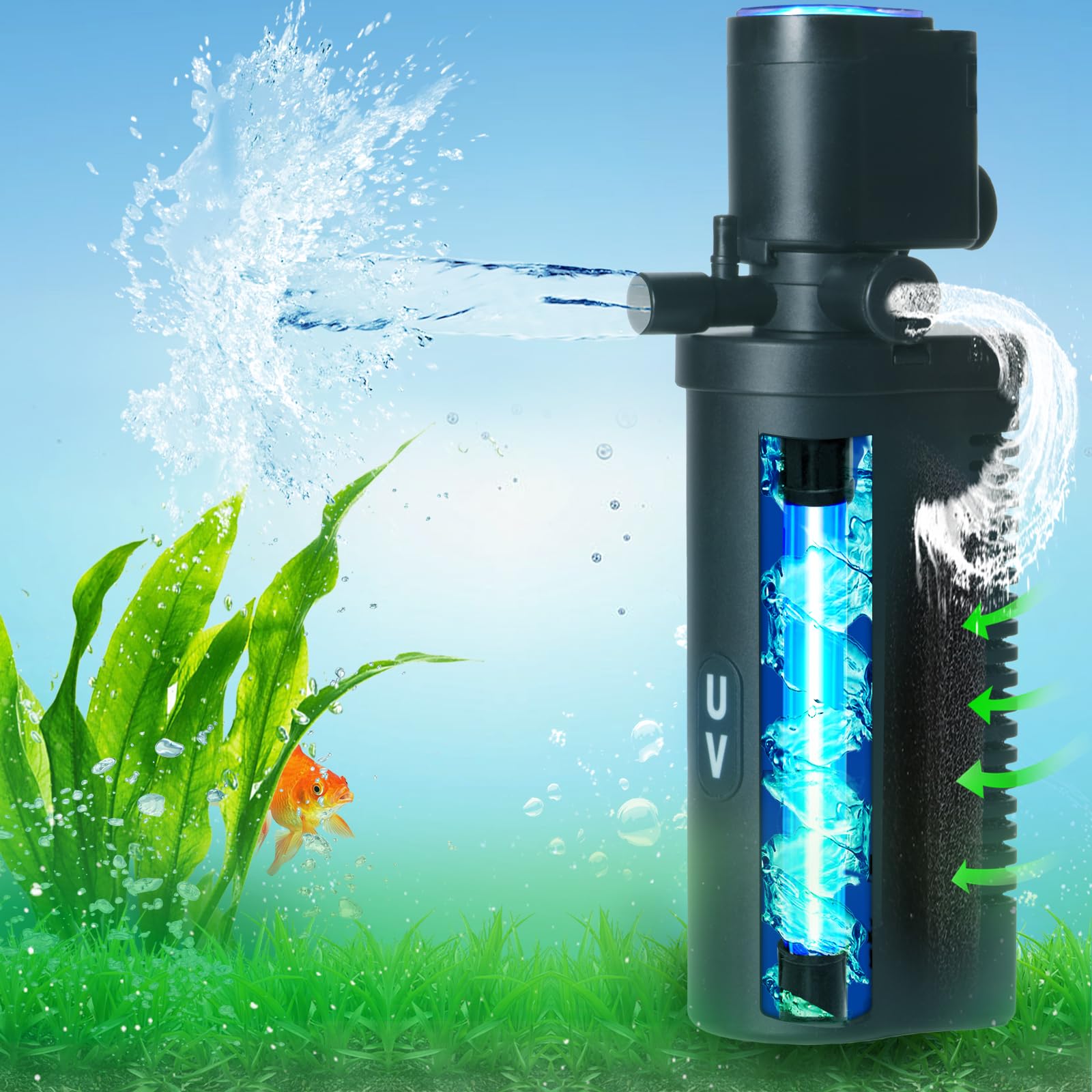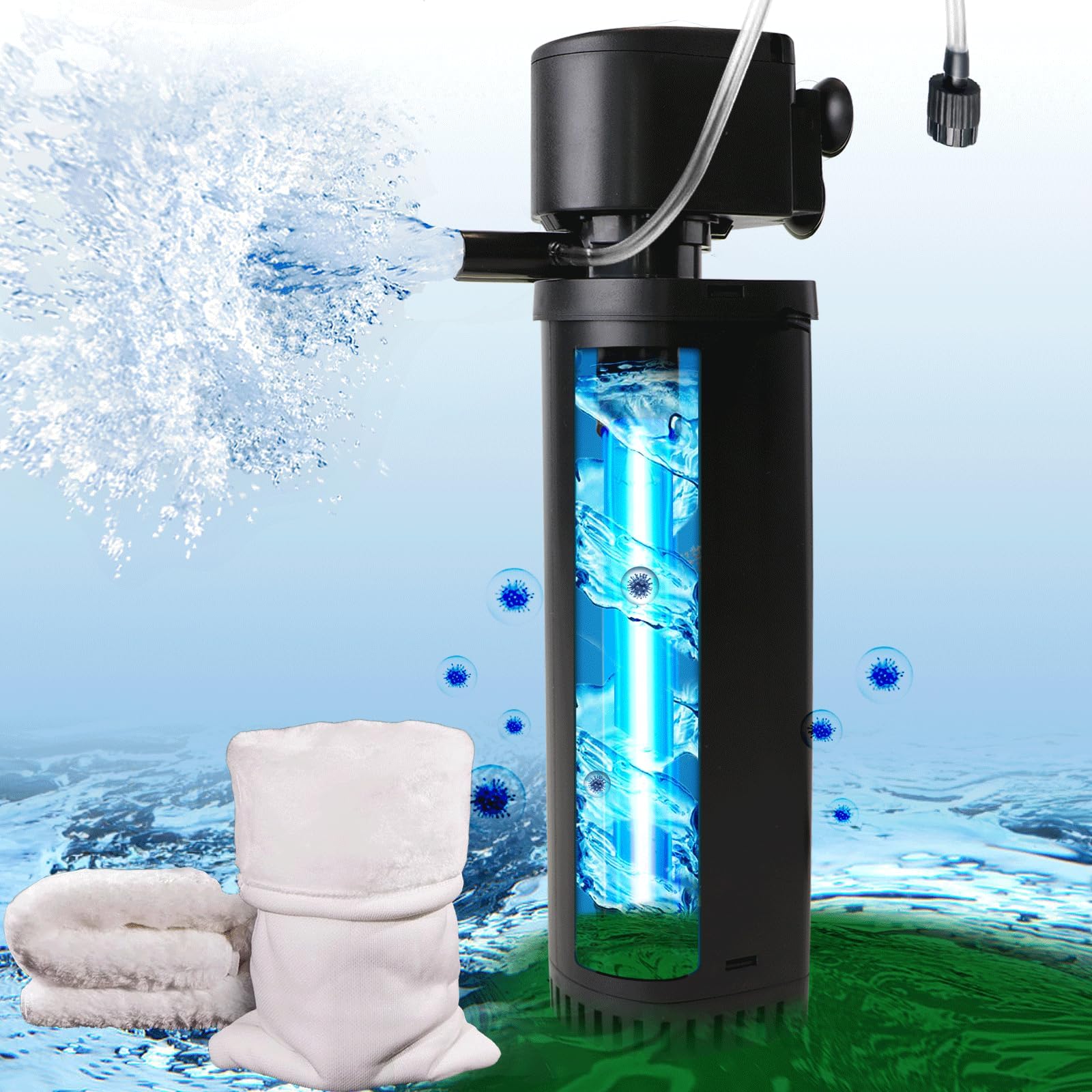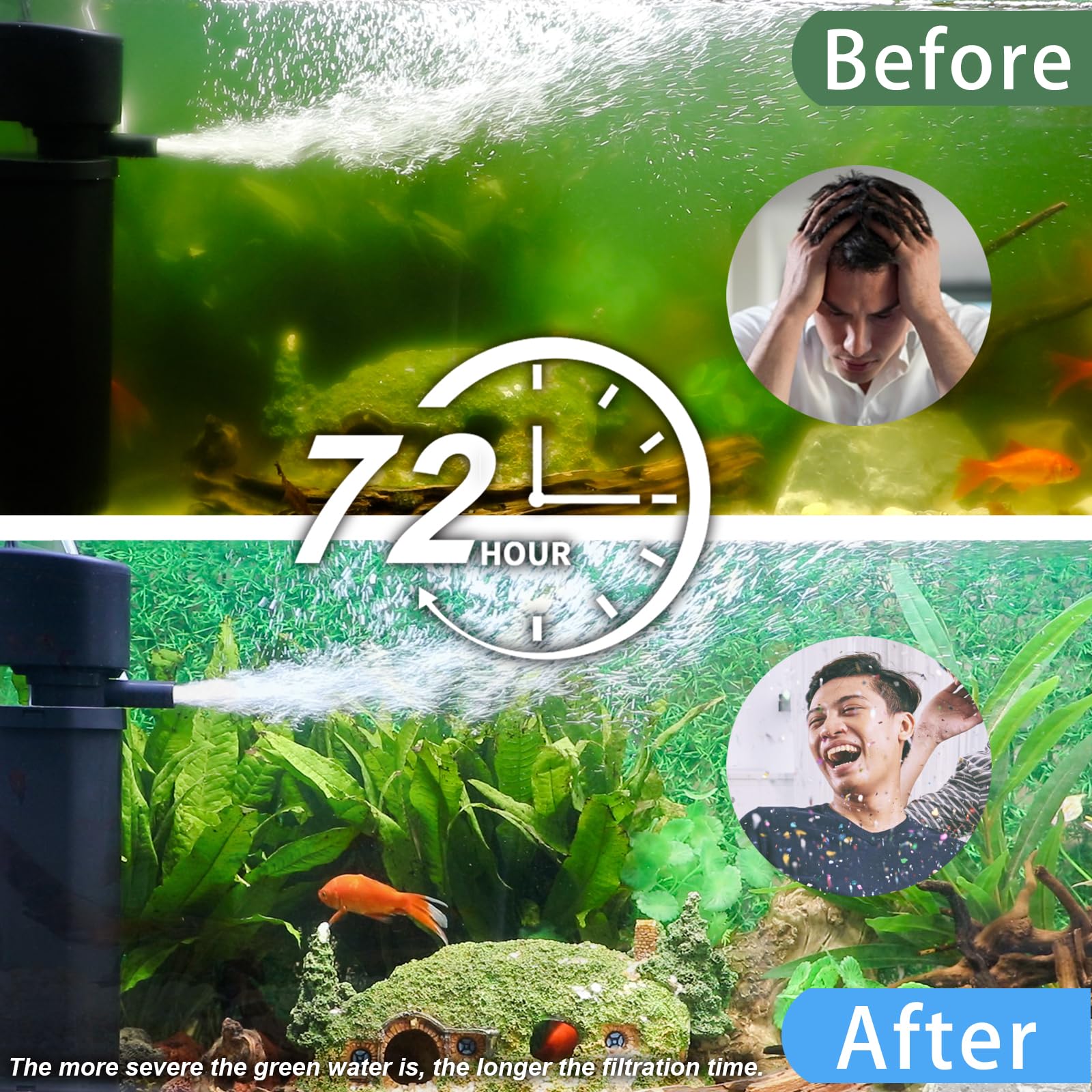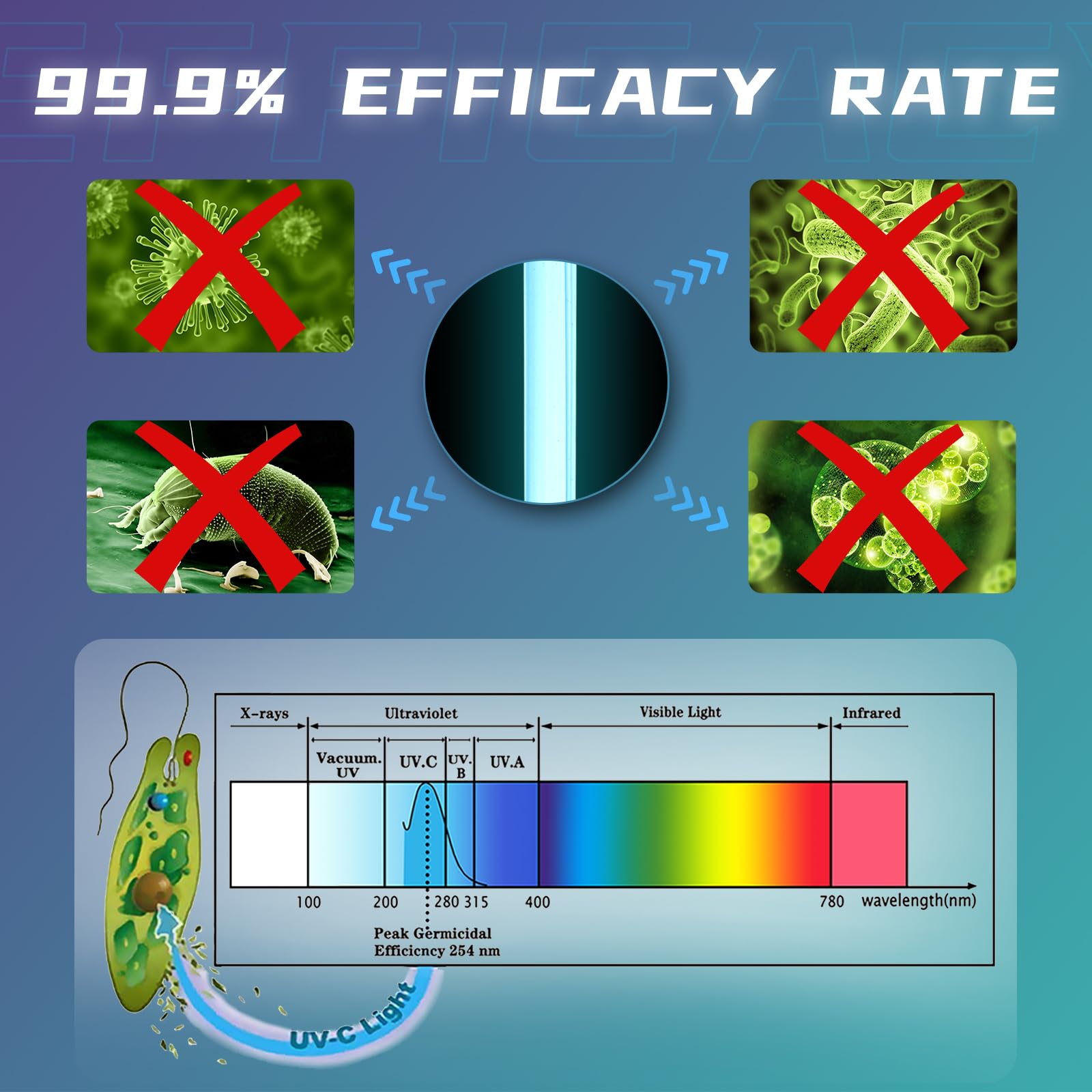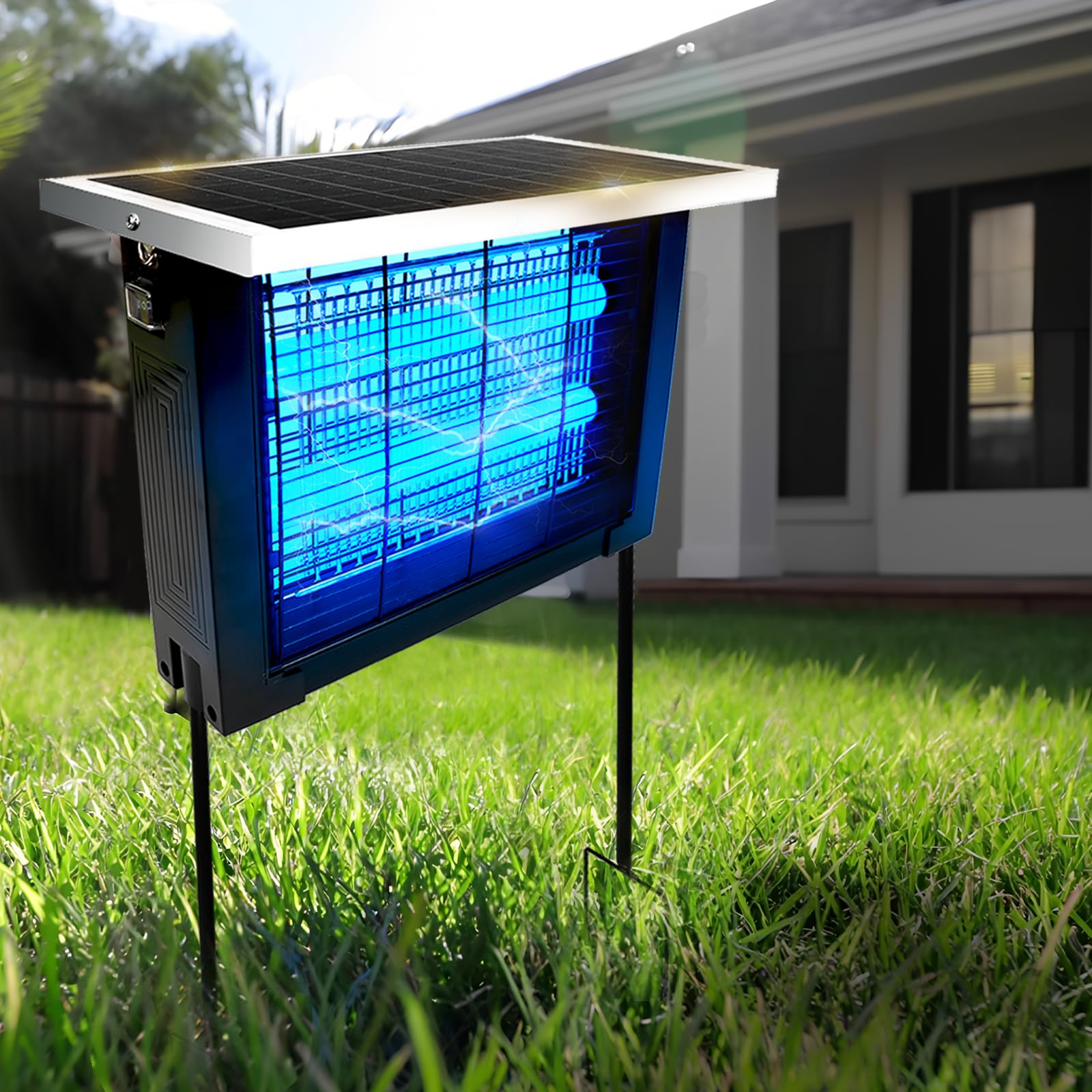Mosquitoes aren't just backyard nuisances—they're public health hazards capable of transmitting West Nile virus, dengue, Zika, and other dangerous diseases. What most homeowners don't realize? 85% of mosquitoes biting you likely hatched within 100 yards of your home. This means your household environment directly determines your family's mosquito exposure.
This comprehensive guide combines entomology research, urban pest management strategies, and practical home improvement tactics to help you transform your property into a mosquito-resistant fortress. We'll cover:
🔍 The 4 life stages of mosquitoes (and how to disrupt each one)
🏡 Room-by-room protection strategies (including surprising hotspots)
🌿 Landscaping modifications that reduce mosquito populations by 90%
💡 New smart home technologies for automated mosquito defense
👪 Family-safe approaches for households with children/pets
Let's begin with understanding your enemy...
Section 1: Mosquito Biology & How They Exploit Your Home (The Science Behind Infestations)
1.1 The Mosquito Life Cycle: Where Your Home Fits In
Mosquitoes require standing water to complete their life cycle. Different species exploit different water sources:
| Mosquito Type | Preferred Breeding Sites | Disease Risk |
|---|---|---|
| Aedes (Day-biters) | Small containers (toys, gutters, plant saucers) | Zika, Dengue, Chikungunya |
| Culex (Night-biters) | Larger stagnant water (ponds, unused pools) | West Nile Virus |
| Anopheles | Clean water (undisturbed natural pools) | Malaria (in endemic areas) |
Critical Insight: Eliminating just one teaspoon of standing water can prevent 300+ mosquitoes from developing weekly.
1.2 The 100-Foot Rule: Why Neighborhood Control Matters
Mosquitoes typically fly 300-1,000 feet in their lifetime. This means:
✔ Your efforts help protect neighbors
✔ You should coordinate block-wide prevention
✔ Perimeter defenses are crucial
Section 2: The Complete Room-by-Room Mosquito Audit
2.1 Outdoor Areas: Where 90% of Prevention Should Happen
A. Yard & Garden
-
Problem Areas:
- Clogged gutters (holds 5+ gallons of breeding water)
- Hollow yard decor (gnomes, bamboo stalks)
- Overwatered lawns (creates standing moisture)
-
Solutions:
- Install gutter guards and clean quarterly
- Fill decorative items with sand to prevent water collection
- Use drip irrigation instead of sprinklers
B. Patio & Deck
-
Problem Areas:
- Unused plant saucers
- Grill covers forming puddles
- Bird baths without agitators
-
Solutions:
- Place mosquito dunks (Bti) in unavoidable water
- Install oscillating fans (mosquitoes avoid wind >1 mph)
- Use copper mesh in drainage areas (naturally larvicidal)
2.2 Indoor Hotspots You're Probably Missing
A. Basement & Garage
-
Hidden Risks:
- Clogged floor drains
- AC drip pans
- Stored tires (major Aedes breeding site)
-
Solutions:
- Pour vegetable oil in floor drains to create surface film
- Install automatic pump systems for AC condensation
B. Bathrooms
-
Overlooked Issues:
- Overflow trays under potted plants
- Toothbrush holders collecting water
- Shower curtains forming puddles
-
Quick Fixes:
- Use absorbent polymer crystals in plant trays
- Choose angled toothbrush holders
Section 3: Advanced Landscape Modifications That Actually Work
3.1 Plants That Repel vs. Attract Mosquitoes (Myths Debunked)
✅ Effective Choices:
- Rosemary (contains camphor—confuses mosquito senses)
- Lemongrass (source of citronella oil)
- Marigolds (pyrethrum compounds in roots)
❌ Worst Offenders:
- Liriope (holds water at base)
- English Ivy (creates humid microclimates)
- Bamboo (hollow stems collect water)
3.2 Water Feature Management
For Ponds:
- Add mosquito fish (Gambusia)—eat 100+ larvae/day
- Install water agitators (mosquitoes avoid moving water)
For Fountains:
- Use Bti tablets in hidden reservoirs
- Design with 45° angles to prevent water pooling
Section 4: Smart Home Integration for 24/7 Protection
4.1 Automated Systems Worth Investing In
- Rainwater Harvesting Sensors - Alerts when containers need emptying
- Smart Irrigation Controllers - Prevents overwatering via weather data
- AI Mosquito Traps (Like Biogents) - Uses human scent mimicry
4.2 Lighting Strategies
- Replace white porch lights with yellow LEDs (less attractive to insects)
- Install motion-activated lighting to reduce all-night attraction
Section 5: Family-Safe Maintenance Routines
5.1 The 7-Minute Weekly Checklist
- Walk property with flashlight to spot new standing water
- Refresh bird bath water (stagnation begins in 72 hours)
- Check under deck furniture for hidden puddles
5.2 Seasonal Preparations
Spring:
- Reseal window screens with silicone-based caulk
- Test sump pumps before rainy season
Fall:
- Store outdoor items upside down
- Clean roof valleys where leaves accumulate
Conclusion: Your Action Plan for a Mosquito-Resistant Home
Immediate Actions (Today):
- Walk your property with a checklist
- Treat 3 highest-risk areas (gutters, plant saucers, toys)
Ongoing Defense:
- Implement 1 landscape modification monthly
- Join/start a neighborhood mosquito task force
Advanced Protection:
- Invest in 2-3 smart devices over 6 months
By systematically eliminating breeding sites and disrupting mosquito behavior patterns, you can realistically achieve 80-90% reduction in household mosquito populations. Remember: Consistency beats intensity—small weekly efforts yield dramatic long-term results.
Which mosquito-proofing strategy will you implement first? Share your plan below!


